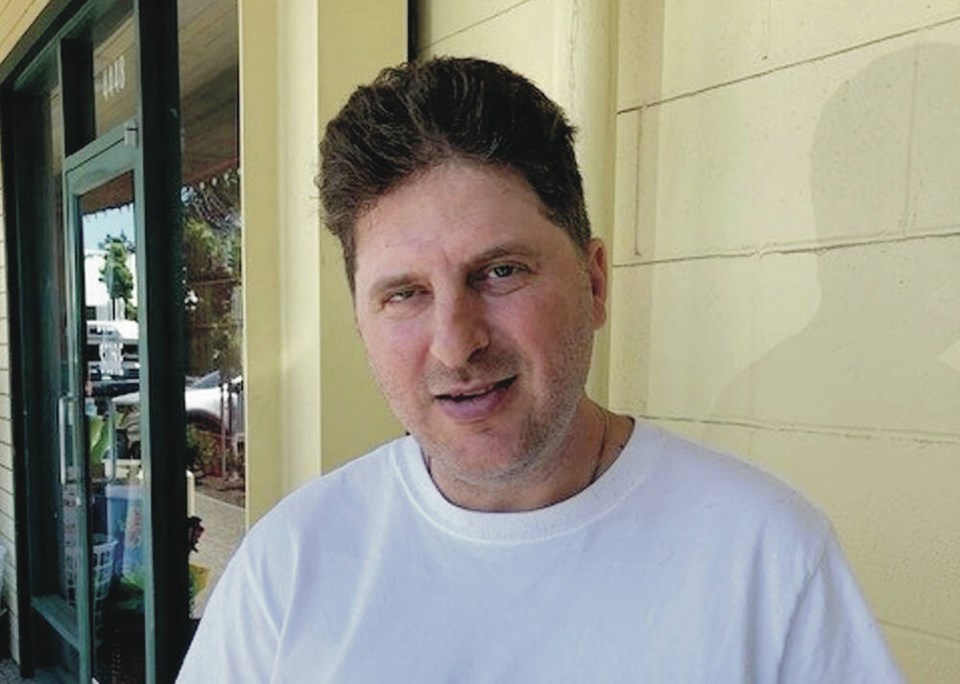A Royal Jubilee Hospital psychiatrist agreed at a coroners inquest Tuesday that it could be useful to have a clear guideline for continuous monitoring of psychiatric patients after conflicts with security.
The inquest, now in its second week, is looking into the 2019 death of Paul Spencer, who died after an altercation with security when he tried to leave the hospital.
After the incident, Spencer, 43, was taken to a room and placed face-down on a mattress, while wrapped in a blanket from the shoulders down. He was later found dead.
Dr. Hendri Eksteen, acute medical director for psychiatry at the hospital, was questioned Tuesday by Richard Neary, lawyer for Spencer’s mother, Angela.
Neary noted that Spencer was not monitored for several minutes after being placed in the seclusion room.
When nurses and guards returned later so he could be given sedating medication, it was discovered Spencer had turned blue. A medical team responded but he could not be saved.
In response to Neary, Eksteen agreed that a requirement for recording what happens in seclusion rooms could be helpful.
Neary said it is not currently part of hospital policy but was recommended as much as 10 years ago.
Forensic pathologist Dr. Elizabeth McKinnon testified Monday that Spencer’s death on Sept. 27. 2019 was the result of a cardiac arrest most likely caused by a combination of such factors as physical restraint, existing cardiovascular disease from high blood pressure, schizophrenia, and the prolonged use of risperidone for its treatment.
Spencer had been brought to the hospital by a Saanich police constable after his mother called police when he left home while suffering from delusions.
The inquest is in its second week in front of coroner Kirsten Everett.
Inquests are not held to find fault but to establish the facts of a death while coming up with recommendations to keep similar deaths from happening again.
No legal conclusions are reached by an inquest jury.

